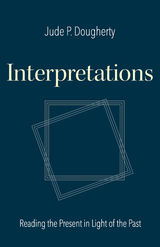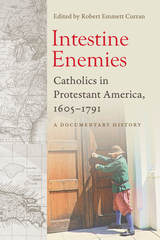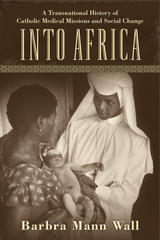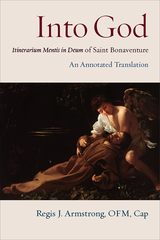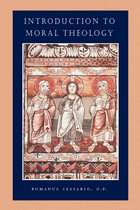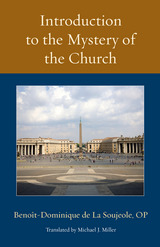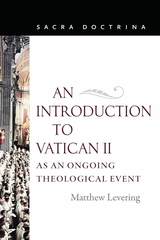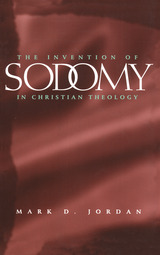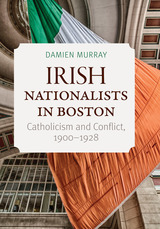Studies in Relational Grammar 2
University of Chicago Press, 1984
Cloth: 978-0-226-66051-6
See other books on: Grammar & Punctuation | Language Arts & Disciplines | Perlmutter, David M. | Studies
See other titles from University of Chicago Press
Cloth: 978-0-226-66051-6
ABOUT THIS BOOK | TOC
ABOUT THIS BOOK
This work and its companion volume, Studies in Relational Grammar 1, introduce the theoretical constructs of relational grammar. This framework is known for its straightforwardness, for its ability to account for exotic data, and for having sparked a wide-ranging, innovative program of research on syntactic universals and typology. Studies in Relational Grammar 2 features analyses of constructions long regarded as anomalous or problematic.
This volume shows how theory and data interact. Ideas such as the Unaccusative Hypothesis and the 1-Advancement Exclusiveness Law have led to new discovering, both cross-linguistic and language-internal, which in turn shed light on such questions as the linkage between semantic roles and initial grammatical relations. New solutions to some long-standing problems follow from relational grammar's restrictive clause-structure typology: impersonal passive is an advancement to subject, antipassive a demotion from subject to direct object, and the "dative subject" phenomenon a demotion to indirect object. These analyses find corroboration in a variety of languages, as do other claims, notably that there exist rules (even of case-marking and verb agreement) that refer to nonfinal grammatical relations. While all these findings bear on the basic problem of syntactic representation, the two opening papers confront that issue directly, arguing that linguistic theory must recognize distinct syntactic levels expressed in terms of grammatical relations.
Relational grammar has brought theory together with data from the most diverse languages. It has significantly expanded the data base syntactic theory must account for and has brought its results to bear on fundamental questions of theory design.
This volume shows how theory and data interact. Ideas such as the Unaccusative Hypothesis and the 1-Advancement Exclusiveness Law have led to new discovering, both cross-linguistic and language-internal, which in turn shed light on such questions as the linkage between semantic roles and initial grammatical relations. New solutions to some long-standing problems follow from relational grammar's restrictive clause-structure typology: impersonal passive is an advancement to subject, antipassive a demotion from subject to direct object, and the "dative subject" phenomenon a demotion to indirect object. These analyses find corroboration in a variety of languages, as do other claims, notably that there exist rules (even of case-marking and verb agreement) that refer to nonfinal grammatical relations. While all these findings bear on the basic problem of syntactic representation, the two opening papers confront that issue directly, arguing that linguistic theory must recognize distinct syntactic levels expressed in terms of grammatical relations.
Relational grammar has brought theory together with data from the most diverse languages. It has significantly expanded the data base syntactic theory must account for and has brought its results to bear on fundamental questions of theory design.
See other books on: Grammar & Punctuation | Language Arts & Disciplines | Perlmutter, David M. | Studies
See other titles from University of Chicago Press

